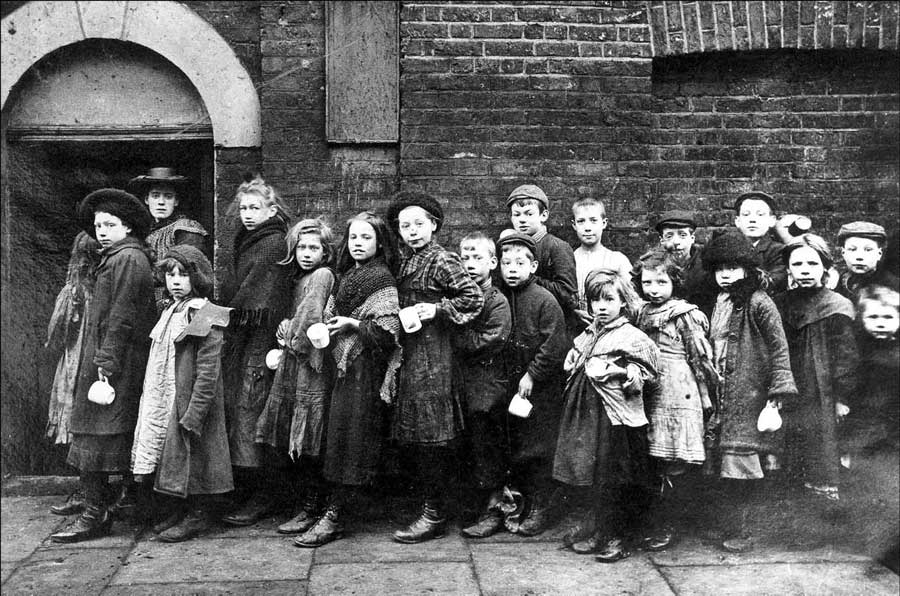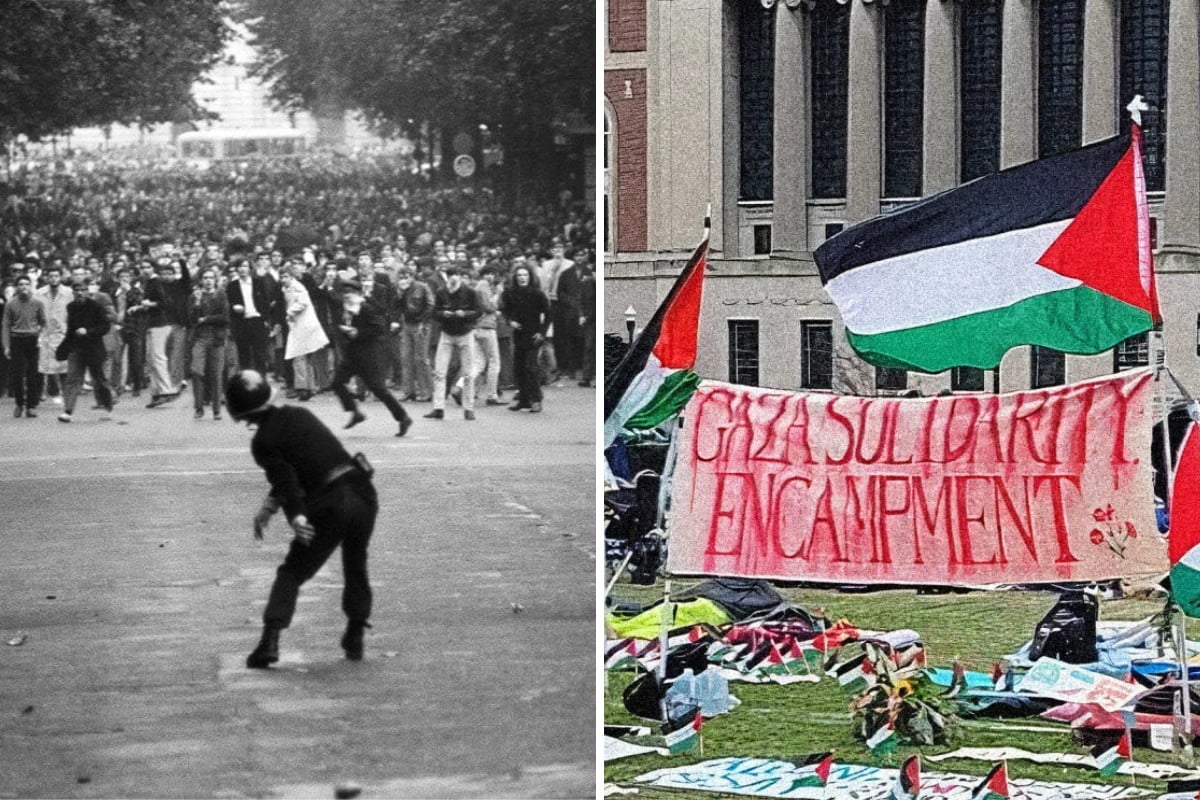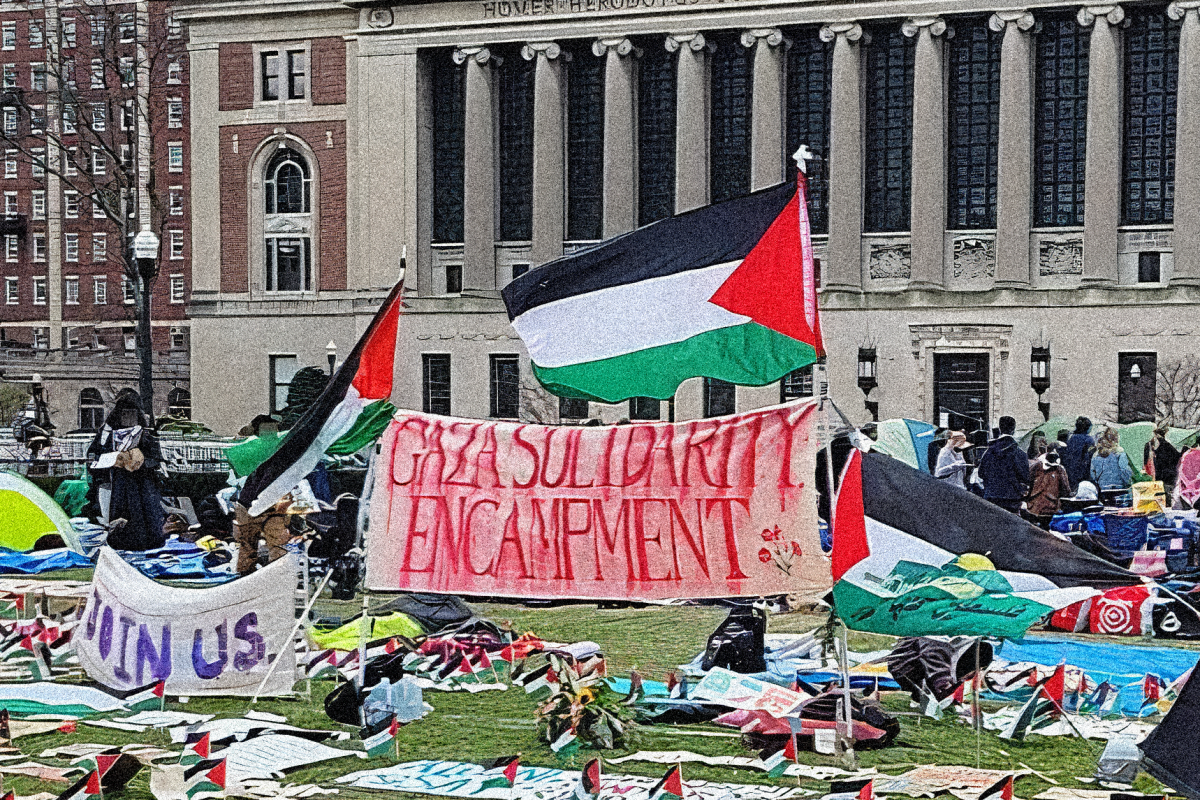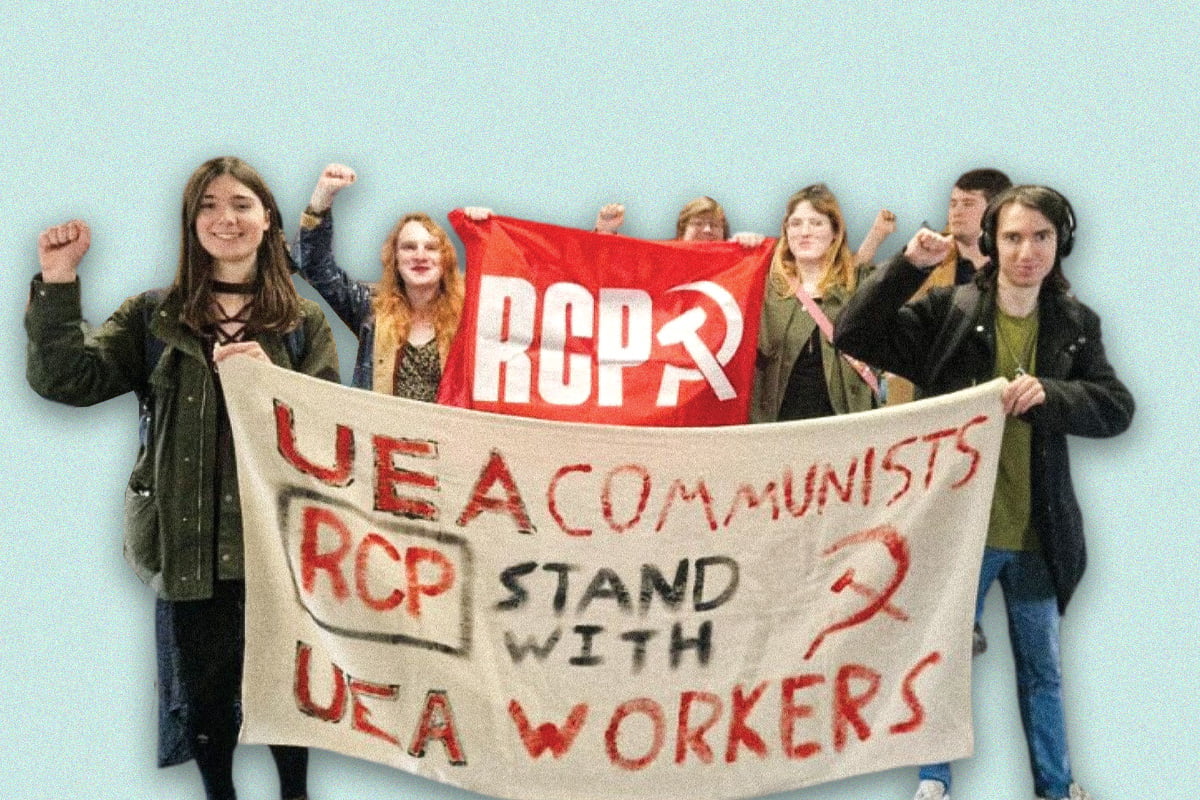Sarah Taylor of the Newcastle Marxists looks at a little known strike that took place in Washington, near Sunderland, a centenary ago, when over 1,000 school children took part in a strike to ensure they were provided with free school lunches. Today, school students are again on the front line in the fight against austerity and the broken capitalist system.
For the last couple of years I have worked in a ‘living’ museum in the north east of England, which aims to tell the stories of working class families throughout history. The job is certainly a large part of my development from holding a social reformist viewpoint to drawing revolutionary conclusions. The comparison between workers in the early 20th century and workers now not only allowed me to realise the reality of Marx’s idea that ‘the history of all hitherto existing society is the history of class struggle’, but also that the changes made in the last 100 years have barely scratched the surface of working class exploitation.
Over the February half-term the museum will be honouring the centenary of a little known strike which took place in Washington, near Sunderland.
On 18th March 1917, over 1,000 school children took part in a strike to ensure they were provided with free school lunches. In 1906 a law had been passed which guaranteed that schools which chose to offer free school meals were given 50% of the cost by the central government. 14 million free school lunches were served in 1914. However, once the effects of war began to bite, food prices shot up and miners’ wages plummeted. As they struggled further to put food on the table at home, local authorities rolled back free school meals.
After a meeting of local miners, an article was published highlighting the need for a strike:
“At a meeting held in the Alexandra Theatre, New Washington, yesterday, and attended by 1,600 miners employed in the Ushworth and Washington district, it was decided to declare a strike as a protest against the actions of the local and county authorities in not putting into preparation the Feeding of the School Children Act, owing to poverty existing in the area through miners’ short time.”
Children from nine schools took part in the strike and picketed outside their school. Images from the strike show children ranging between 5 and 15 on the picket lines as well as empty classrooms. After a mere two days of this action the local authorities relented. They held a meeting in which they agreed to give free school meals to any child whose family was making under 27 shillings a week, without subsidies, which was the majority of families. Moreover, an amendment was passed which raised subsidies for miners to make sure that no family was living on less than £2 a week. An article produced after the decision reported that “in two days, these youngsters, by making their fathers’ cause their own, have achieved a decisive victory”. This strike was not only successful but exceeded its immediate aims.
Since then we have lived through over 100 years of supposedly ‘progressive’ politics, and yet one million people, in Britain alone, still rely on food banks. We are living through the worst economic slump since at least the 1930s, and workers, as always, are bearing the brunt of its effects.
We must remain optimistic, however. Whilst attending the recent anti-Trump rally in Newcastle – a demonstration larger than most taking place in Newcastle over the past five years – comrades noticed many school children from the local area protesting. More than ever we are seeing young people drawing revolutionary conclusions. We talk a lot about the power the working class has to change society, and learning about the Washington schoolchildren’s strike taught me that young people can also fight for these changes.






